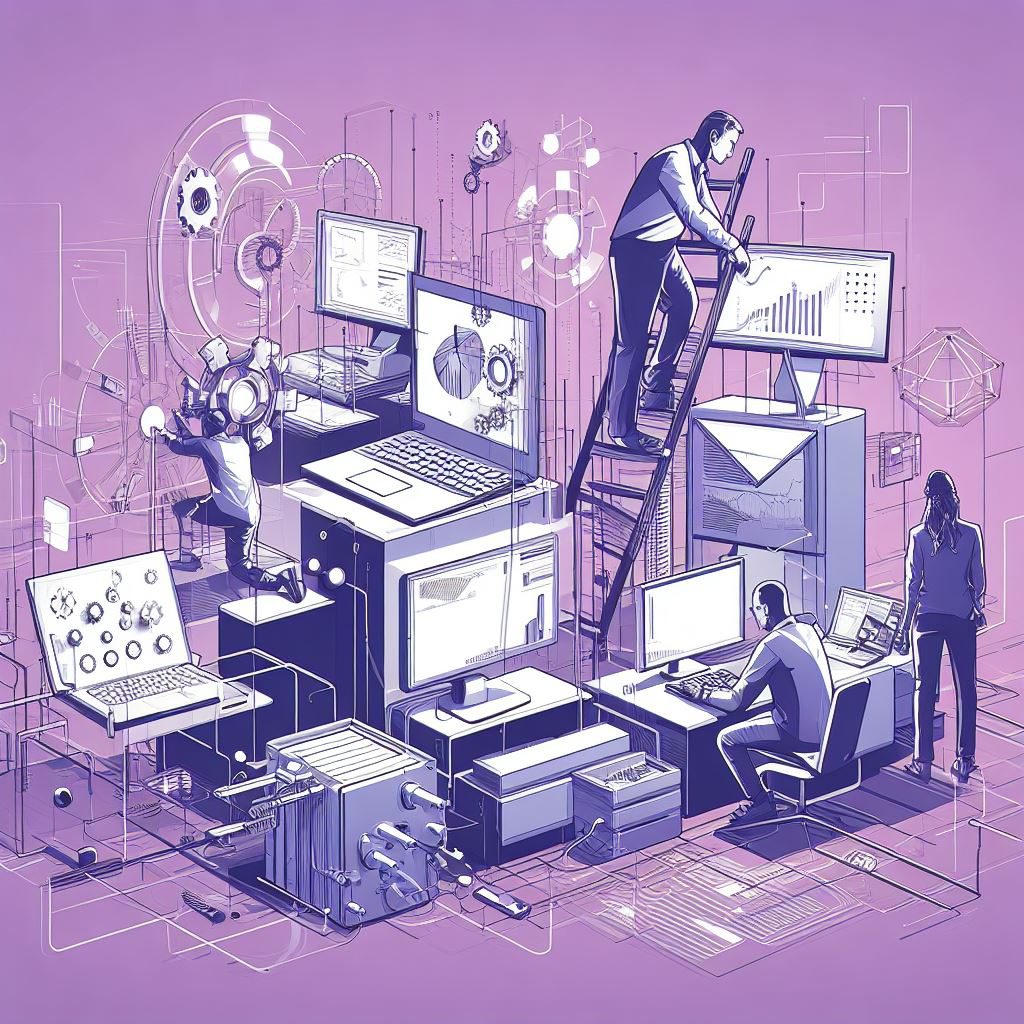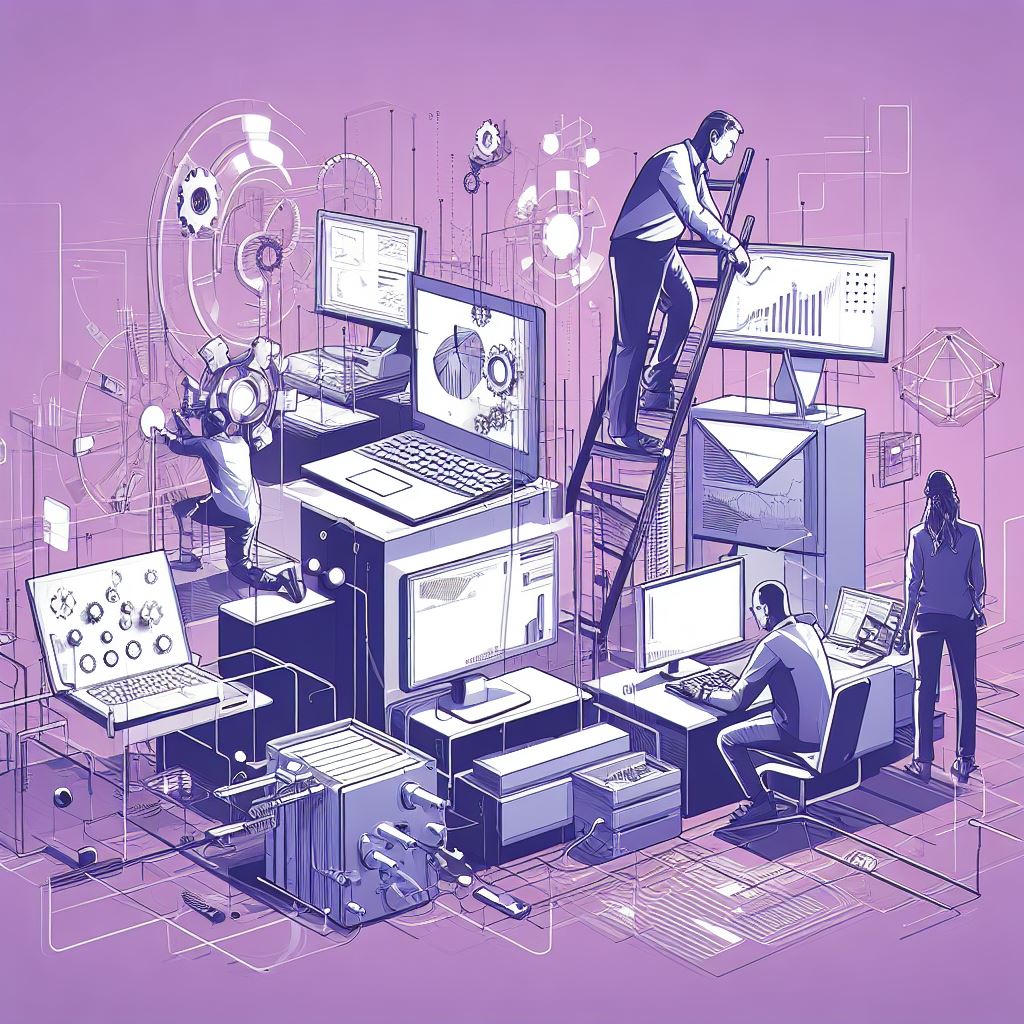Navigating the Maze: Understanding the Challenges of HR Technology Implementation
In the rapidly evolving landscape of human resources, technology has emerged as a game-changer. From streamlining recruitment processes to enhancing employee engagement, HR technology offers a plethora of benefits. However, its implementation is not without challenges. Understanding these hurdles is crucial for organizations to effectively leverage HR technology and avoid potential pitfalls. Let’s delve into the complexities and explore strategies to navigate these challenges.
A recent Gartner survey found that 44% of respondents identified driving better business outcomes as the top strategic priority for HR technology in the next three years. However, talent shortages and economic uncertainty pose major challenges to this transformation.
1. HR technology Integration Woes
One of the primary challenges faced by organizations is integrating new HR technology with existing systems. Often, legacy systems are not compatible with modern software, leading to data silos and operational inefficiencies. Overcoming this requires a thorough assessment of current systems and a strategic approach to integration that ensures seamless data flow and functionality.
2. Data Security Concerns
With the increasing reliance on technology, data security has become a paramount concern. HR systems often hold sensitive employee information, making them prime targets for cyber attacks. Ensuring robust security protocols, regular audits, and employee training on data protection are essential steps to safeguard this valuable information.

3. User Adoption Hurdles for HR technology
The success of any HR technology largely depends on its adoption by the end-users – the employees. Resistance to change, lack of technical proficiency, or simply the comfort of familiar processes can hinder adoption. Addressing this challenge requires comprehensive training programs, user-friendly interfaces, and continuous support to ease the transition.
A study by Josh Bersin Co. revealed that 42% of HR technology implementations were deemed unsuccessful or partially successful two years post-installation, primarily due to employees’ reluctance to use the new platforms or finding little value in their features.
4. Cost Implications
Implementing HR technology can be a significant financial investment. Beyond the initial purchase or subscription costs, there are expenses related to training, maintenance, and potential system upgrades. Organizations must carefully evaluate the cost-benefit ratio and plan their budgets accordingly to ensure a worthwhile investment.
5. Keeping Up with Rapid HR Technological Changes
The field of HR technology is constantly evolving, with new tools and features being introduced regularly. Keeping up with these changes and ensuring the technology remains relevant and effective can be daunting. Staying informed about industry trends and being open to periodic updates and upgrades is crucial.
6. Ensuring Compliance
HR technology must comply with various legal and regulatory requirements. From data privacy laws to labor regulations, non-compliance can lead to legal repercussions and damage to the organization’s reputation. Regular reviews of compliance standards and ensuring the technology aligns with these requirements are imperative.
7. Measuring ROI of HR technology
Determining the return on investment (ROI) for HR technology can be challenging. While some benefits, like time savings, are quantifiable, others, like improved employee satisfaction, are more qualitative. Developing a comprehensive evaluation framework that considers both tangible and intangible outcomes is essential.
In today’s era of disruptive technologies, you can make a compelling business case for HR tech and achieve success by moving gradually and consistently delivering results that justify further investments.
In Conclusion
While the challenges of implementing HR technology are significant, they are not insurmountable. With careful planning, strategic implementation, and ongoing management, organizations can harness the power of HR technology to streamline processes, enhance employee experiences, and drive organizational success.
For those interested in further exploring the intricacies of HR technology and its benefits on modern workplaces, check out our article “Unlocking Potential: The Core Benefits of Embracing HR Technology”.









